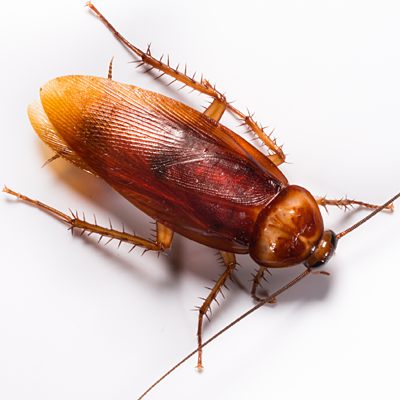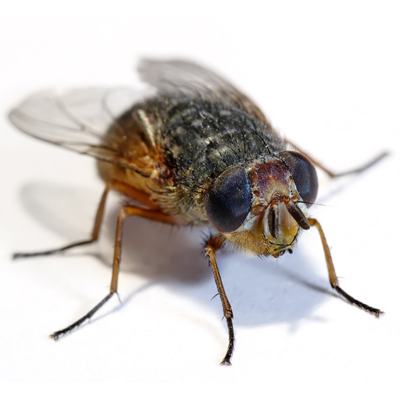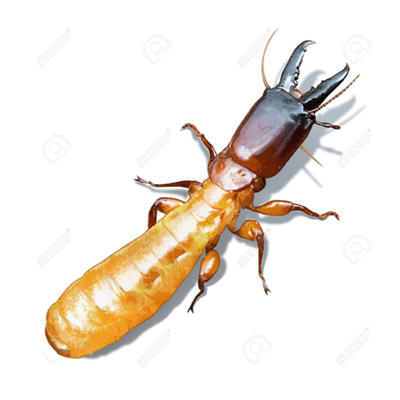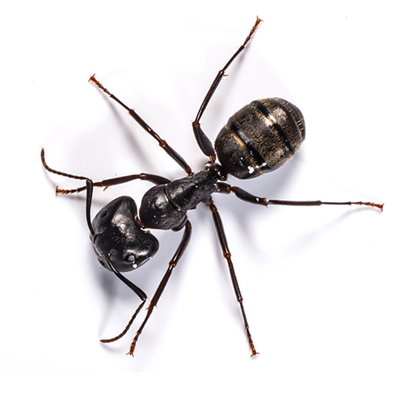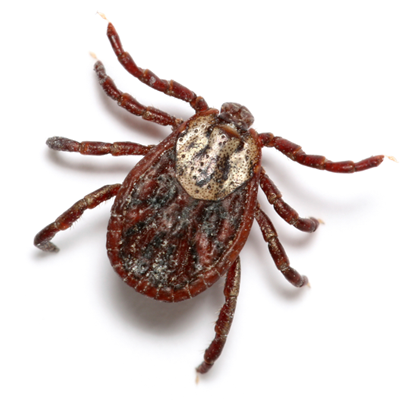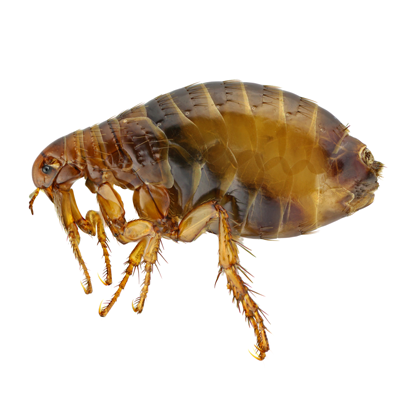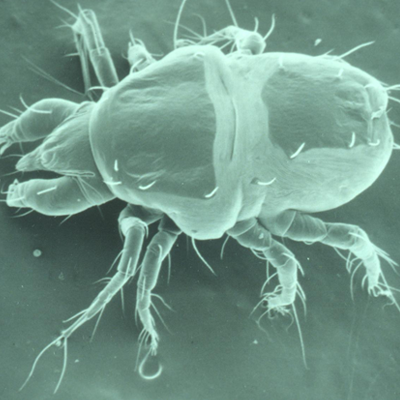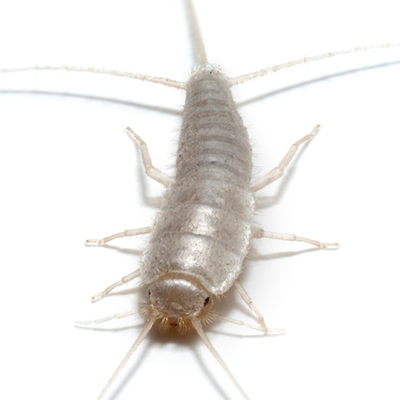
Government of Canada
Bedbugs - What are they?
Bedbugs are small, wingless insects that feed on the blood of people and animals while they sleep. They are easily moved from room to room on infested objects. Bedbugs cannot easily climb metal or polished surfaces and cannot fly or jump.
Adult bedbugs can be as long as 10 mm. They have an oval, broad, flat body and a short, broad head. Adult bedbugs are brown, but darken to a blood red colour after feeding. Young bedbugs are shaped like adults, but are smaller (1.5 mm long) and lighter in colour. They also darken after feeding.
Bedbug eggs are white, about one millimetre long, and are almost impossible to see on most surfaces. The female bedbug lays at least 200 eggs in her lifetime, at a rate of about two to four each day. The eggs have a sticky coating and are laid in cracks and crevices, behind woodwork and other hidden locations. They usually hatch in 6 to 17 days.
How they feed and live
Bedbugs come out at night to feed, attracted by the carbon dioxide we exhale. They will feed on both people and pets. Bedbug bites may not be noticed right away because bedbugs typically feed at night when people are asleep.
Bedbugs prefer locations where they can hide easily and feed regularly, like sleeping areas. Their flattened bodies allow bedbugs to hide in extremely small locations: under wallpaper, behind picture frames, in electrical outlets, inside box springs, in mattress pads, and in night tables.
Newly hatched bedbugs feed as soon as food is available. Bedbugs can live from several weeks to up to a year and a half without feeding. Older bedbugs can go even longer without feeding.
Adults usually live for around 10 months, but can live for a year or more in a home where the environment is good for reproduction (with temperatures ranging between 21°C and 28°C).
Common Household Pest
See all household pests